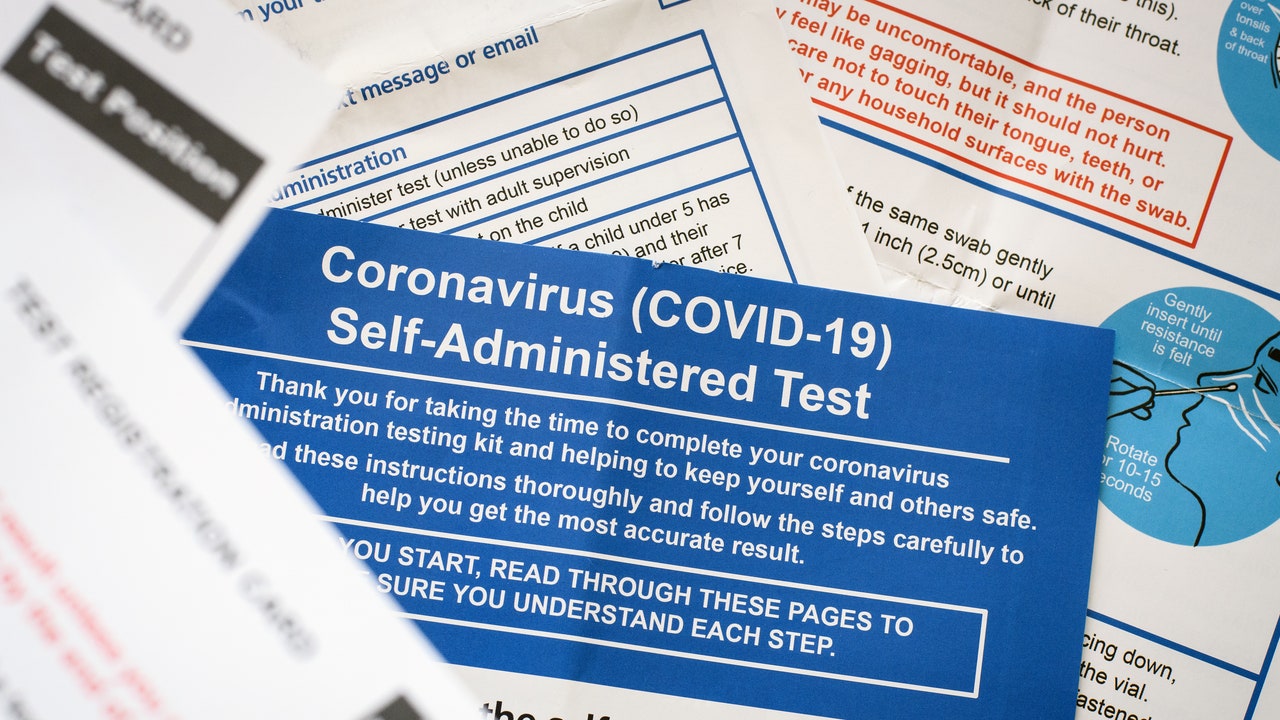Those feeling daunted by the return of long lines at COVID-19 testing centers may soon be able to screen themselves for the disease without leaving home, as the U.S. Food and Drug Administration recently issued an emergency use authorization for the first COVID-19 diagnostic test for self-testing at home.
The at-home test is designed for people age 14 and older who are concerned about possible exposure to COVID-19. The way it works is relatively simple; users do a nose swab on themselves, then swirl their swab in a vial that is then placed in the test unit. Thirty minutes or less later, the results should be readable on the test’s light-up display.
While the advent of a self-testing kit portends good things about the world’s fight against COVID-19, there are still plenty of questions to be answered about the kit’s efficacy; to answer some of those questions, we spoke to Dr. Dharushana Muthulingam, a specialist in infectious disease and faculty member at Washington University School of Medicine in St. Louis, Missouri, about the kit.
Who does the self-testing kit work for? Or, put another way, is there an “ideal candidate” who should consider self-testing at home?
One of the big benefits to having an at-home test is that if you have symptoms, and you’re wondering if you have COVID-19, it is not ideal for you, a sick person, to then go out into the world into a doctor’s office and potentially spread the disease. The second thing is convenience—people are very busy, and very tired. You still need a prescription to get the at-home test, and there are accessibility issues, because it will cost around $50. So those might be limitations. But even for myself and my family members, it takes some amount of time to figure out where to go for testing, so that time could hopefully be saved.
If someone receives a positive result on an at-home test, can they accept those results as accurate, or would they need further testing?
The million-dollar question! I think this new test is good because it’s PCR; it’s based on the genetic material, so it’s very precise. One thing I’m a little bit concerned about is how good your sample is, because, you know, even health care professionals don’t always get a perfect swab. And so that might be a limiting factor—not so much the regions and the test mechanisms, but, how good is the human sampling? I think it should always be taken with caution. I am a little nervous that there might be some amount of people who are falsely confident after a negative result, but at least what’s been reported is that the at-home test has pretty good sensitivity and specificity.
